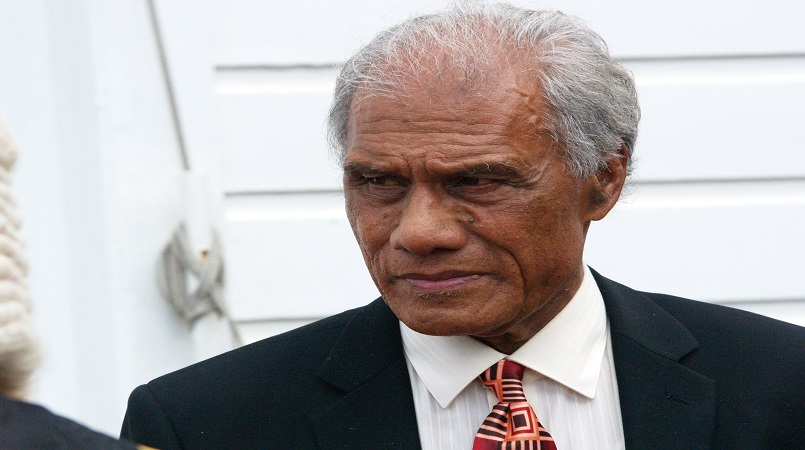
Nuku‘alofa – “Motion of No Confidence,” or “Vote of No Confidence,” or “Motion of Censure” is going to be employed for the second time in the modern democratic Tongan Parliament
Prime Minister ‘Akilisi Pōhiva has acknowledged the looming threat to his administration.
Ironically, then People’s Representative ‘Akilisi Pōhiva, led the first Vote of No Confidence challenge in 2012, during the government administration of Lord Tu‘ivakanō. However, the motion failed to remove Lord Tu‘ivakanō as Prime Minister, nor did it force him to resign with his entire Cabinet, as is usually another choice for the Prime Minister to take.
History Favors PM Pōhiva’s Chances
However, PM Pōhiva is favored by political traditions. Historically, the first Motion of No Confidence in a parliamentary democracy took place in England, in 1782. The British embarrassing Yorktown defeat in the American Revolutionary War in October, 1781, was sufficient ground for impeachment.
Parliament forced Prime Minister Lord North, however, to plead with King George III to accept a resignation rather than facing an ugly impeachment fight in the British Parliament. In New Zealand, only one (1) Prime Minister Roderick McKenzie lost a Vote of No Confidence in 1912. No successful VONC has ever unseated an Australian prime minister, or administration.
Tongan Politics Has Had Periods of Violence
In modern Tongan politics, however, an assassination plot was attempted on King George Tupou I’s PM’s life in 1879. Prime Minister Baker escaped unhurt, but his daughter and son suffered gunshot wounds. Four outlaws and two accomplishes were executed by a firing squad; six others were sentenced to life-imprisonment.
During King Siaosi Tupou II’s reign (1893-1918), foreign residents who favored a British colonization of Tonga, influenced the British High Commissioner based in Suva, Fiji, to deport the king. Ironically, its failure resulted in redefining of British Protectorate role in Tongan politics – managing foreign affairs only, and as an advisory role in domestic matters.
But in 2006, Tongan politics turned violent. People’s Representative ‘Akilisi Pōhiva and his pro-democracy followers led rioting and torching of the Nuku‘alofa business district. Eight rioters lost their lives in the infernos, and hundreds were found guilty of stealing and looting.
(Authored by Sione A. Mokofisi, a syndicated journalist living in Tonga, but his views do not reflect the editorial policy of this Website. He writes on cultural, political, business and economics issues. He is editor of Tonga’s only bi-lingual print publication, Niuvākai, and published in online Websites. He is Director of English, Journalism & Business Management at Tonga International Academy. He holds an MBA from the University of Phoenix-Arizona.)
